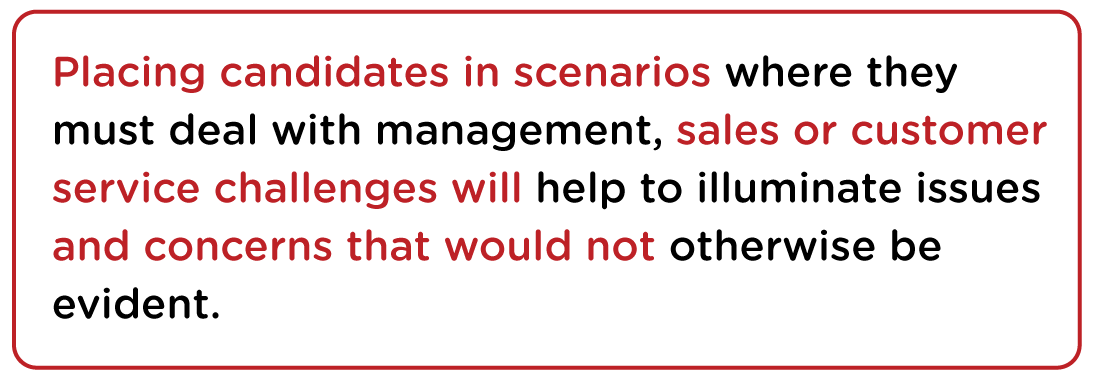The “Boot Camp” Approach to Hiring Candidates
Providing learning facilities will be important: With the future of industries such as Travel appearing uncertain, there will be many great candidates coming from these sectors, who may need training but have plenty of potential. Companies with strong onboarding programmes and ongoing learning opportunities will be able to maximise the potential of this type of candidate.
In the early 1990’s (when I had been recruiting for 10 years), unemployment was over 10% and there was a huge amount of talented people looking for work. Many of these people were frustrated that companies often recognised their value but couldn’t do much about it because they needed people with “industry experience” to “hit the ground running.” Because these businesses were not equipped to take advantage of the talent on offer, they were missing out on some potentially great people.
Hiring Candidates Without Industry Experience
There are plenty of articles on the internet about what makes a good onboarding programme, which detail factors such as the ideal programme length, goal setting, culture fit, mentoring, career mapping, on the job training, etc – but I’m not going to go into this here.
What I would like to discuss specifically is taking advantage of the opportunity created by COVID-19 to secure talent from outside your industry.
As we progress through this pandemic, and particularly when government wage subsidies are withdrawn, there are going to many highly qualified candidates who, for a number of reasons, will need to move industries. Those who come to mind immediately are people who have worked in Tourism and Hospitality – industries that have been significantly impacted by COVID-19. Many of these candidates will have excellent, transferable “people skills” and may represent a great opportunity for your business (not to mention being available at a very competitive salary).
The key issue is that if these people do move industries, they will not have “industry experience,” which means that you will not know whether they can do the job – and neither will they!
The “Boot Camp” Approach
If you were to join the army, you would undergo six weeks of intensive training to see who “makes it.” One of the concepts behind a military boot camp is that none of the recruits have been in the army before, so nobody knows whether they are suitable or not – just like someone who is moving to another industry.
Of course, a six week “boot camp” is not realistic in the commercial world, but 3-4 hours of training is! This training could take the form of “familiarisation,” “discovery” or even a “group interview” – in short, this is a session prior to any offer of employment where you expose the candidate to some situations and roleplays that are typical of your business. Obviously, if these are real-life roleplays or a trial and the candidate is actually working, then they need to be paid for their time. Regardless, the objective here is to give the candidate an insight into what life is like in your industry and, more specifically, what the job really is.

If the result of the “boot camp” is that the candidate does not progress, excellent – both you and the candidate have saved time, and they will have learned something. If the candidate does make it to the next stage, then both parties will have gained an increased awareness of the candidate’s strengths and predicted challenges, both of which will help to frame a subsequent onboarding programme if the hire is made.
25 years ago when unemployment was high, the “boot camp” approach was much more common. I recall many versions that I’ve seen used, from simulated sales calls to constructing Lego models in teams. For senior executives, simulated management meetings, board presentations and business plans are common. There is no real limit to what goes and what doesn’t, but in the context of what we are predicting in the employee talent market over the next five years, we do expect to see a strong return of this step in the hiring process.
If you missed the first article in this series where I introduced the ten key challenges employers will face in a high unemployment environment, click here to read it, and feel free to get in touch if you have any questions.
Pete Davis is Managing Director of Frontline Recruitment Group (FRG). FRG is a specialist recruitment company with offices across Australia and New Zealand – they have been operating since the early 1990s and have worked in high unemployment environments with job hunters in many different industries. This blog series is about sharing some of the lessons from the past and integrating them with the technology and business practices of today. We hope you enjoy these articles and welcome your opinions.
Read more
